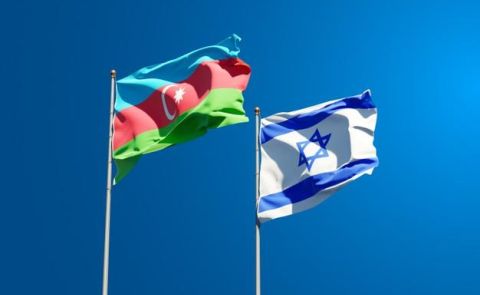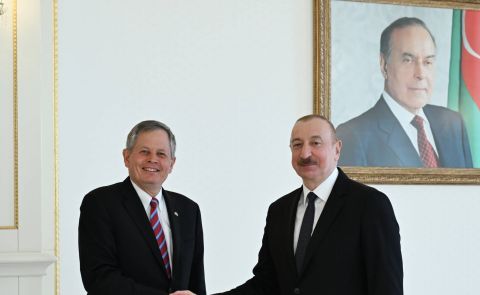
Balanced Diplomacy, Secured Borders: Pashinyan Presents New Era for Armenia on Republic Day
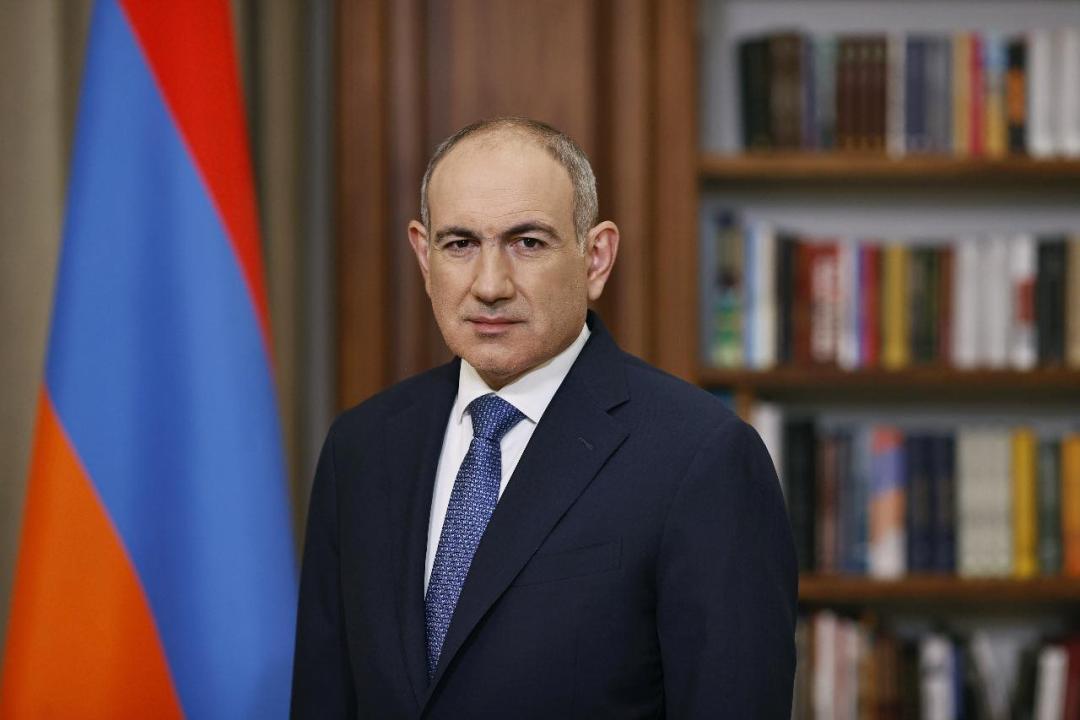
Armenia’s Prime Minister Nikol Pashinyan, accompanied by President Vahagn Khachaturyan, Speaker of the National Assembly Alen Simonyan, and other high-ranking officials, visited the Sardarapat Memorial Complex to mark Republic Day. In his address at the ceremony, Pashinyan reflected on the founding of the First Republic of Armenia in 1918, calling it a pivotal moment in Armenian history.
“The First Republic, embodied in the heroic battle of Sardarapat, did not have a long life; its existence lasted only two years and a few months,” he said. “But the First Republic turned us from a nation that had been stateless for four and a half centuries into a state-forming people.”
Pashinyan emphasized that while the First Republic revived a sense of statehood and instilled values of democracy and freedom, it did not have sufficient time to fully embed them. He noted that Soviet-era propaganda later targeted the First Republic in an attempt to delegitimize it and weaken the Armenian people’s aspirations for independence.
Reflecting on contemporary mindsets, he said: “We often continue to perceive history and the world through the formulas instilled by Soviet imperial propaganda. To secure the sustainability of Armenian statehood and identity, this mindset must be overcome.”
He presented five foundational “realities” that define his government’s current vision:
- Reality No. 1 – Our identity is our state; our state is our identity.
- Reality No. 2 – The Republic of Armenia, with an internationally recognized territory of 29,743 square kilometers, is an expression of our people’s achievements, not their losses.
- Reality No. 3 – Our history of the last four and a half centuries delivers one main message: Do not repeat that history.
- Reality No. 4 – Security guaranteed by external forces is deceptive. We ourselves are the guarantors of our security.
- Reality No. 5 – The state is a responsibility; freedom is a responsibility. Evading responsibility for either is the path to losing both.
These principles, he noted, are embodied in the “Real Armenia” ideology, expressed in slogans such as: “The homeland is the state; if you love your homeland, strengthen your state” and “Armenia is my home, the people are my family.”
He reviewed recent diplomatic progress, stating: “The draft agreement on the establishment of peace and interstate relations between Armenia and Azerbaijan has been agreed upon,” and that Armenia is currently negotiating the terms of its signing. He also cited improved ties with Türkiye, Iran, and Georgia, as well as Armenia’s growing international role—highlighted by its selection to host the 2026 European Political Community Summit and COP17 on Biodiversity.
“One of the most important realities of 2025,” he added, “is that border control at all of Armenia’s border points will be carried out exclusively by our country’s border guards.”
Pashinyan concluded by reaffirming Armenia’s balanced foreign relations, citing continued cooperation with Russia and China, strategic partnership with the United States, deepening ties with India, and “unprecedented” relations with France and the European Union.
“The republic and democracy are a reality. Balanced and balancing foreign policy is a reality. Sovereignty and independence are a reality. The state is a reality—and we must appreciate and cherish these achievements,” he declared.
“We have overcome the period of historical losses and entered a promising era of achievements. There will be no war; there will be peace.”
See Also

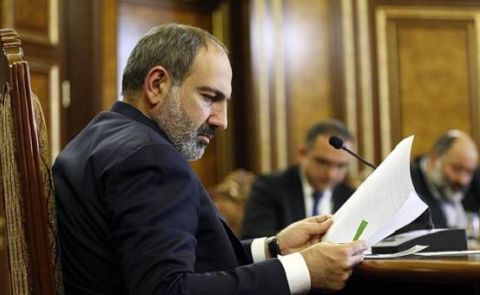
Pashinyan Commemorates First Republic Day, Highlights Progress in Sovereignty and Peace Efforts
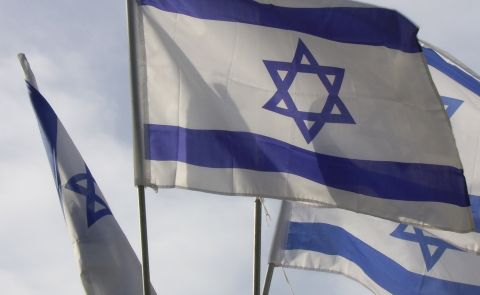
Israeli Ambassador to Armenia Acknowledges Challenges but Optimistic About Future Armenian-Israeli Cooperation
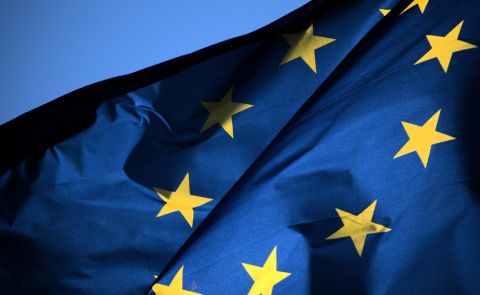
EU Plans Closer Cooperation with Azerbaijan, Georgia, Türkiye, and Other Black Sea States
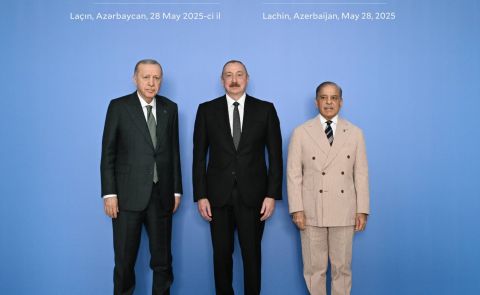
Azerbaijan, Türkiye, and Pakistan Highlight Growing Strategic Cooperation at Lachin Summit
